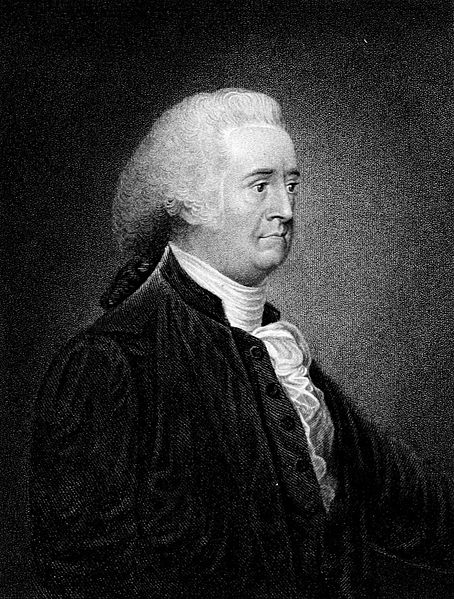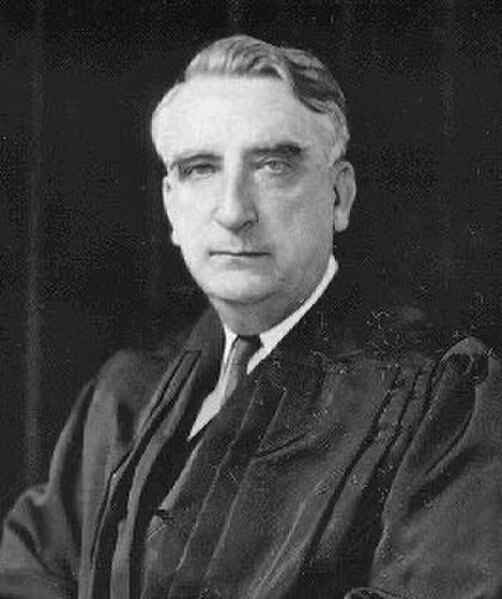John Marshall was an American statesman, lawyer, and Founding Father who served as the fourth chief justice of the United States from 1801 until his death in 1835. He remains the longest-serving chief justice and fourth-longest serving justice in the history of the U.S. Supreme Court, and is widely regarded as one of the most influential justices ever to serve. Prior to joining the court, Marshall briefly served as both the U.S. secretary of state under President John Adams, and a representative, in the U.S. House of Representatives from Virginia, thereby making him one of the few Americans to serve on all three branches of the United States federal government.
Marshall's birthplace monument in Germantown, Virginia
The Hollow House
John Marshall's House in Richmond, Virginia
Marshall's Chief Justice nomination
Chief Justice of the United States
The chief justice of the United States is the chief judge of the Supreme Court of the United States and is the highest-ranking officer of the U.S. federal judiciary. Article II, Section 2, Clause 2 of the U.S. Constitution grants plenary power to the president of the United States to nominate, and, with the advice and consent of the United States Senate, appoint "Judges of the supreme Court", who serve until they die, resign, retire, or are impeached and convicted. The existence of a chief justice is only explicit in Article I, Section 3, Clause 6 which states that the chief justice shall preside over the impeachment trial of the president; this has occurred three times, for Andrew Johnson, Bill Clinton, and for Donald Trump’s first impeachment.
Chief Justice of the United States
Chief Justices of the United States (Harper's Weekly, December 24, 1864)
Image: John Rutledge, by James Herring after John Trumbull
Image: Chief Justice Fred M. Vinson








